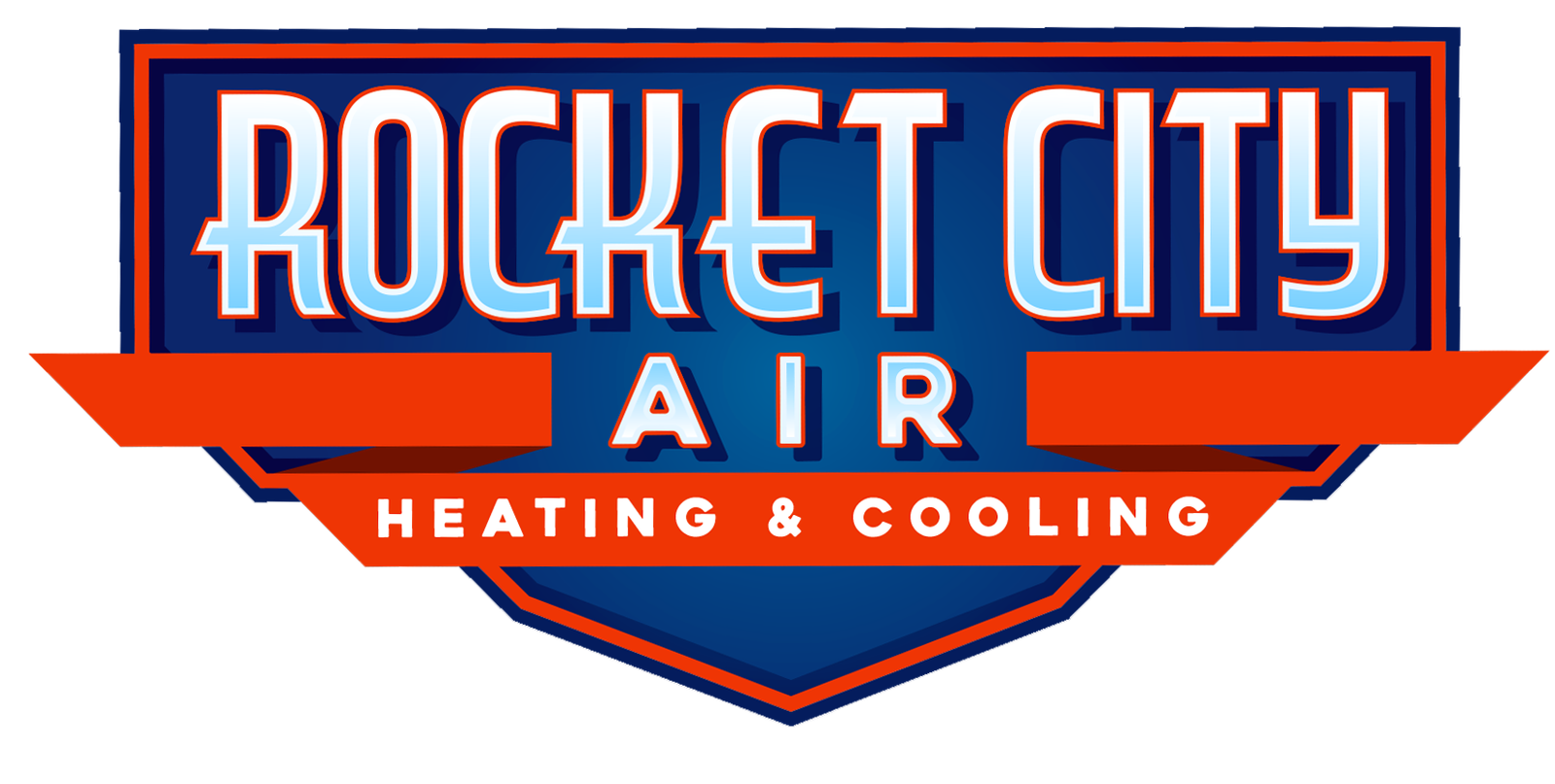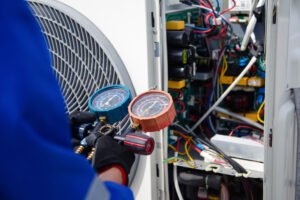sWhen we show up to service homes around Huntsville, AL, Rocket City Air always takes a close look at the return air vent. Why? Because it plays a huge role in how efficiently your HVAC system runs. If it’s blocked, undersized, or placed incorrectly, your whole system has to work harder. And that means higher energy bills, uneven comfort, and more frequent breakdowns.
Let’s walk through what return air vents actually do, how they impact performance, and what you should watch for.
What Is a Return Air Vent?
The return air vent pulls air from your home back into the HVAC system. While supply vents push out cooled or heated air, the return vents actively draw room air in for reconditioning. That circulation keeps your indoor climate consistent and comfortable.
We’ve seen many homeowners across Huntsville overlook their return vents completely—some even block them with furniture without realizing the consequences.
How a Return Air Vent Helps Your HVAC Breathe
Think of your HVAC like lungs. Supply vents breathe out, and the return air vent breathes in. If that air can’t flow freely, your system struggles. It may short-cycle, overheat, or cool unevenly from room to room.
That’s why Rocket City Air always checks airflow when we’re diagnosing HVAC issues. A single blocked return vent can throw off the whole balance.
Signs Your Return Air Vent Needs Attention
Here are a few common issues we run into during service calls in places like Madison or Owens Cross Roads:
You hear loud whistling or rattling noises
Some rooms feel stuffy while others are comfortable
Your energy bills keep creeping up
In many cases, these signs trace back to dirty, blocked, or poorly sized return air vents.
Proper Placement Makes a Big Difference
We’ve helped customers all over Huntsville adjust their vent setups for better airflow. If your air vent sits too close to a supply vent, the air can short-cycle and reduce efficiency. And when a home has too few return vents for its size, airflow suffers—making your HVAC system work harder than it should.
Keep Your Return Air Vent Clean and Clear
Just like filters need to be changed, your return air vents need regular cleaning. Dust and debris collect quickly—especially in homes with pets or recent construction work. We always recommend checking vents when you do seasonal maintenance or have a professional tune-up.
When to Call Rocket City Air
If you’re not sure whether your return air vents are doing their job, that’s what we’re here for. We’ve worked on systems all over the Rocket City—and we know what works best for homes in this climate.
We don’t just inspect vents—we look at the full picture. From ductwork layout to pressure balancing, our goal is to get your system working the way it should.
The Bottom Line on Return Air Vent Performance
So yes, something as simple as a return air vent can affect your entire HVAC system. From airflow to efficiency to long-term wear and tear, it plays a critical role in keeping your home comfortable. At Rocket City Air, we take vent performance seriously—because small changes can make a big impact.
Whether you’re noticing airflow issues or just want a second opinion, give us a call. We’re proud to serve Huntsville and the surrounding areas with honest advice and dependable service.





